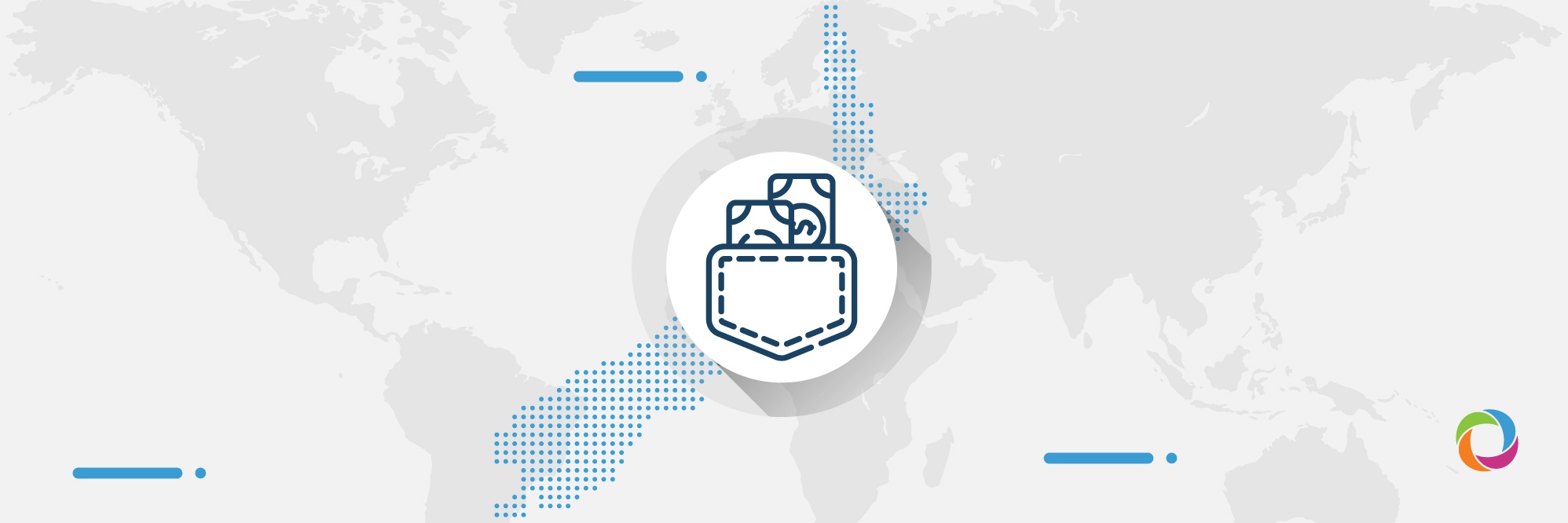The latest Oxfam report has found that New Zealand is one of the least engaged wealthy nations in terms of the financing of mitigation and adaptation to climate changes in poor states.
The authors of the publication ranked this island country in 21st position out of 23 of the richest states in terms of donations intended to help the poorest states to tackle global warming. This is despite the fact that the New Zealand government itself announced that it would make the administration carbon neutral by 2025 and the economy by 2050. The data covers the period between 2017 and 2018 and relates to the resources allocated to mitigate and adapt to climate changes. That means that each New Zealander contributed NZ$10.60 (approximately US$ 7.5 at the time) per capita per year in climate finance or just under NZ$51m (almost $35 million) per year in total.
The government had pledged to contribute NZ$75 million a year in climate financing until 2022 but this is still far from the share that the island nation should offer within the framework of its Paris Agreement undertaking. Oxfam report suggests that this amount should be between NZ$301.5m and NZ$540m per year, aligning with the nations that signed the accord agreeing to contribute a joint amount of $100 billion per year.
The countries making the highest contributions equate to $40 and $96 per capita (calculations by Oxfam New Zealand using 2017 World Bank population data). For example, Ireland and Denmark, similar in size to New Zealand in terms of population, allocate between $14 and $27 per person, i.e. considerably more than New Zealanders.
At the beginning of December 2020, the New Zealand Prime Minister, Jacinda Ardern, announced the climate emergency declaration that resulted from the Intergovernmental Panel on Climate Change’s (IPCC) warning that, if a rise in global temperatures to more than 1.5 degrees Celsius is to be avoided, global carbon dioxide emissions need to be reduced by about 45% of that which was produced in 2010 by 2023 and the world must be carbon neutral by 2050. Within this effort, New Zealand is planning to reach zero emissions from the public sector by 2025 investing about NZ$141 million to achieve this goal which involves buying electric vehicles amongst other solutions.
The authors of the Oxfam report point out that the financial resources that New Zealand channels to tackle climate crisis are crucial to support the countries of the Pacific that are particularly vulnerable to climate change. Oxfam, therefore, recommends that the New Zealand government doubles its financial efforts between 2021 and 2023 and focuses its financing on the least developed countries. Moreover, the government should consistently increase its climate financing by 2030 in order to contribute its fair share of the $100 billion pledged by the richest countries.
New Zealand climate financing is mostly channeled through New Zealand’s Official Development Assistance (ODA) which means that the government has to increase its ODA budget to allocate more funds to the climate budget which has happened in the past. Half of New Zealand’s aid budget reaches the Pacific Island countries that are particularly affected by global warming.

